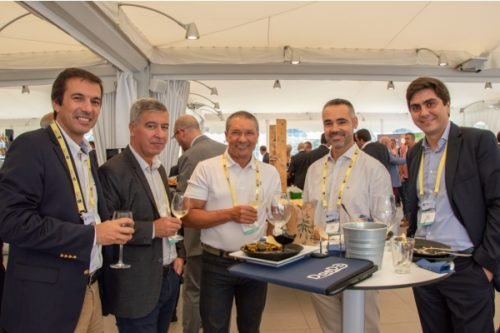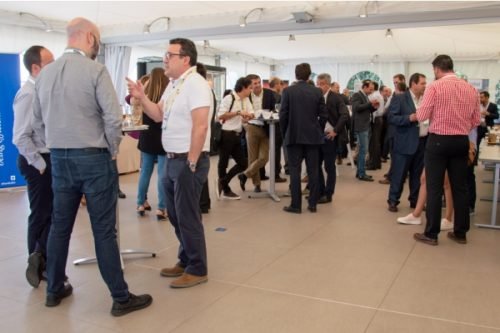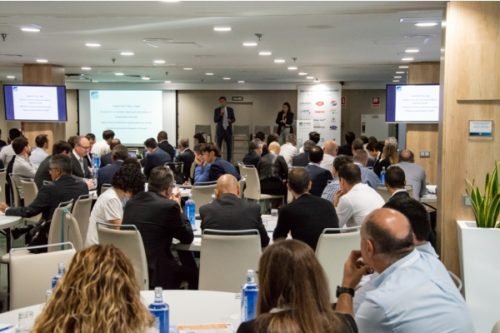
The policy session was one of the conference’s most important sessions, with presentations from the European Commission, the Spanish Office of Climate Change (MAPAMA), Spanish NGO ECODES (Fundación Ecología y Desarrollo) and the United Nations Industrial Development Programme (UNIDO). The session focused on f-gas regulation, government subsidies, policy, training and standards. "The priority for the European Commission is to make a smooth transition with supervision of the f-gas phasedown, to update safety standards, and to fight against the illegal trade of HFCs in Europe. We are working on a system to standardise the customs process regarding these gases," said Arno Kaschl from the European Commission. “All the sectors play in the same team. Everybody has to take some measurements to favour the final success of the transition to sustainable alternatives to HFCs,” Kaschl said. “The objective of the F-Gas Regulation is, among others, to promote innovation for new sustainable solutions wherever it is the most economically viable,” he added. One measure to help Spanish industry to transition away from f-gases is the Spanish government-led ‘PIMA FRIO’ plan. “Its main purpose […] is to grant subsidies for the implementation of refrigeration alternatives to fluorinated gases,” said Guillermo Martinez of the Spanish Office of Climate Change. The programme includes a €1.5m subsidy for installing refrigeration systems with zero or low-GWP refrigerants in Spain.

The session also addressed the question whether Spanish and Portuguese industry is ready to adopt natural refrigerants. Monica Vidal of ECODES pointed out during her presentation that “the old safety standards restrict the adoption of alternative and sustainable technologies, such as natural refrigerants. Governments have to work to eliminate the barriers that exist for the adoption of natural refrigerants – by introducing compulsory training on natural refrigerants, for example”. “We need a global change: natural refrigerants are the greenest gases, with high energy efficiency and a growing number of applications. They are the best solution to achieve the United Nations Sustainable Development Goals for the cooling industry,” said Pedro Sallent, UNIDO. The conference also featured Market Trends, Training and Technology Case Study sessions, as well as an interactive workshop to identify some of the issues related to the commercial and industrial refrigeration sectors with regard to natural refrigerants.

Industry is moving
“ATMOsphere Ibérica was a good moment to gauge the evolution of the sector in the last year,” said Alvaro de Oña, COO and head of media at shecco. “We observe an important evolution in the quantity and quality of the systems using natural refrigerants in Spain and Portugal. We hope this event helped share experiences and create business opportunities.”
The conference attracted the attention of local stakeholders from the HVAC&R industry, end users, academia, NGOs and the public sector. Over 150 participants attended the event from more than 60 organisations.
ATMOsphere Ibérica 2018 was supported by sponsors Eurofred, CAREL, Güntner, LU-VE, Arneg, Huayi Compressor Barcelona, Group K Refrigeration, Frost-Trol, EPTA, Advansor, Exkal and Carrier, along with partners Instituto de Ingeniería Energética, AEFYT, Caloryfrio.com and Refrigeration Industry.